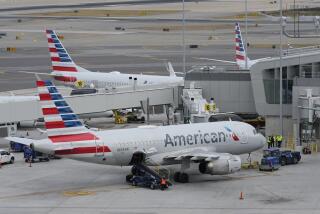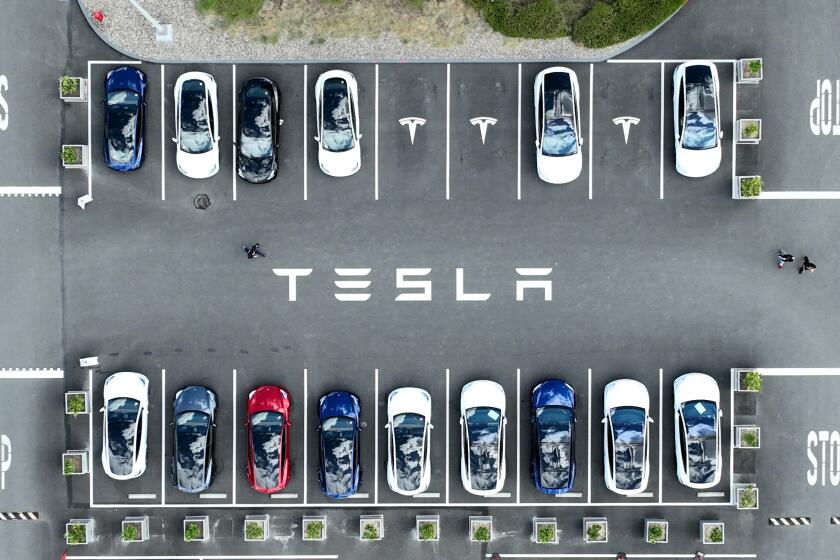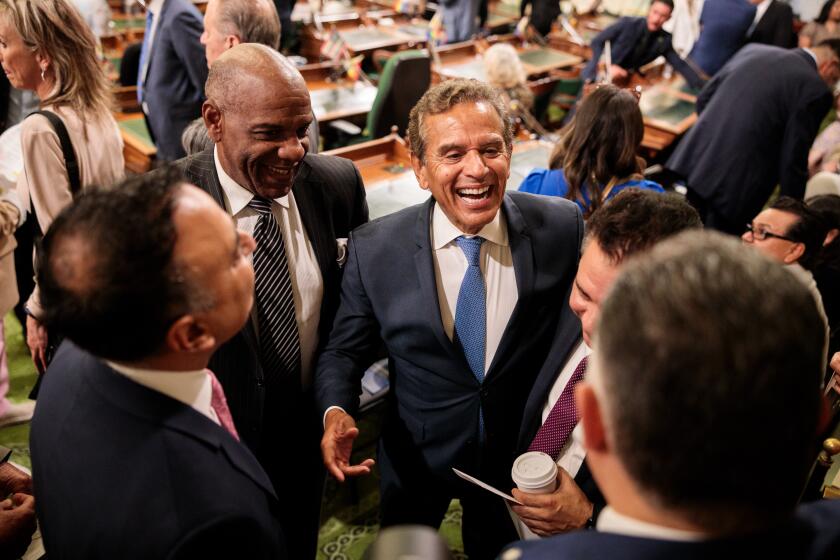Some spend more time shopping for a flight than flying
When booking an airline trip, passengers face a dizzying number of decisions: Economy or business-class seat? Pay extra to board early or get in line? Buy a refundable or non-refundable ticket? Book a seat with a personal entertainment system or just read a magazine?
Travelers have so many choices that, according to new survey, some passengers spend more time shopping for a flight than they do actually flying.
Almost 20% of travelers spent five or more hours shopping and booking flights, according to a survey by a division of technology giant IBM Corp. of more than 2,000 business and leisure travelers. Business travelers were generally more efficient in booking a flight than leisure travelers, but almost 40% of business travelers spent at least two hours shopping and booking.
“There is now so much content and big data that people have to shop and shop and shop,” said Brian O’Rourke, global airline leader for IBM’s Global Business Services, which produces software and hardware for reservation systems and other airline services.
But the bad news for airlines, according to the survey, is that price, routes and schedules are still the most important factors travelers cite when choosing an airline — not brand preference or in-flight amenities.
In fact, the survey found 57% of passengers surveyed can perceive a difference in services among airlines, but only 41% are willing to pay extra to fly on their favorite carrier.
Airline industry decries U.S. fee plan
Although the airline industry has collected billions of dollars in fees to check bags and change flight reservations, among other charges, it is crying foul over a government proposal to increase a passenger charge by $2.50 a ticket.
Facing a massive federal deficit, President Obama’s latest budget proposes giving airports the authority to raise a passenger facility charge to pay for airport construction projects. The current fee is $4.50 per ticket and could go as high as $7 to offset $1.1 billion in cuts to airport grants. Congress must approve the proposed increase for it to take effect.
But airline representatives say such an increase would be a burden to passengers and hurt the industry’s recovery.
“Our passengers are already overburdened — with a typical $300 round-trip domestic ticket including some $60 in taxes and fees,” said Jean Medina, a spokeswoman for the Air Transport Assn., the trade group for the nation’s largest airlines.
Speaking of fees, the nation’s 10 largest airlines collected $2.1 billion from baggage fees, reservation change fees and other charges from April to June of last year, according to federal statistics.
But Medina said the higher facility fees proposed by Obama and the fees charged by airlines are different because passengers can choose to check a bag or change a reservation but have no choice with the passenger facility charge.
Said Medina: “It’s an apples and oranges comparison.”
E-cigarettes may not fly
It has been decades since the federal government banned the smoking of tobacco on all commercial flights in the U.S. and yet the topic remains cloudy.
The nation’s ban on smoking on airlines has come under scrutiny again in the last few years with the development of electronic cigarettes. The battery-powered devices use a heating mechanism to vaporize a flavored liquid solution stored in the mouthpiece, which may contain nicotine .
Transportation Secretary Ray LaHood said in a letter to Sen. Frank R. Lautenberg (D-N.J.) this month that he plans to amend airline regulations in the spring, making it clear that electronic cigarettes fall under the smoking ban.
The nonprofit group Americans for Nonsmokers’ Rights applauded LaHood’s decision. If e-cigarettes are allowed on planes, tobacco smokers may be confused into thinking they can smoke too, said Cynthia Hallett, executive director of the group.
Health effects of e-cigarettes are still unclear, she said. “There are certainly a lot of questions with e-cigarettes.”






